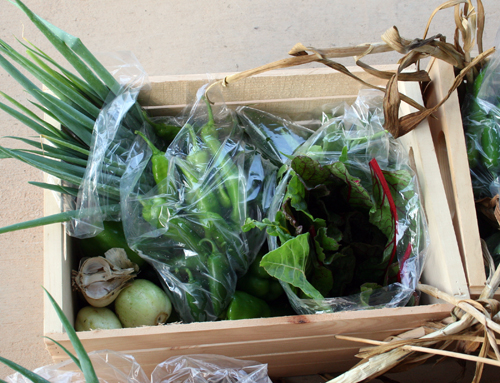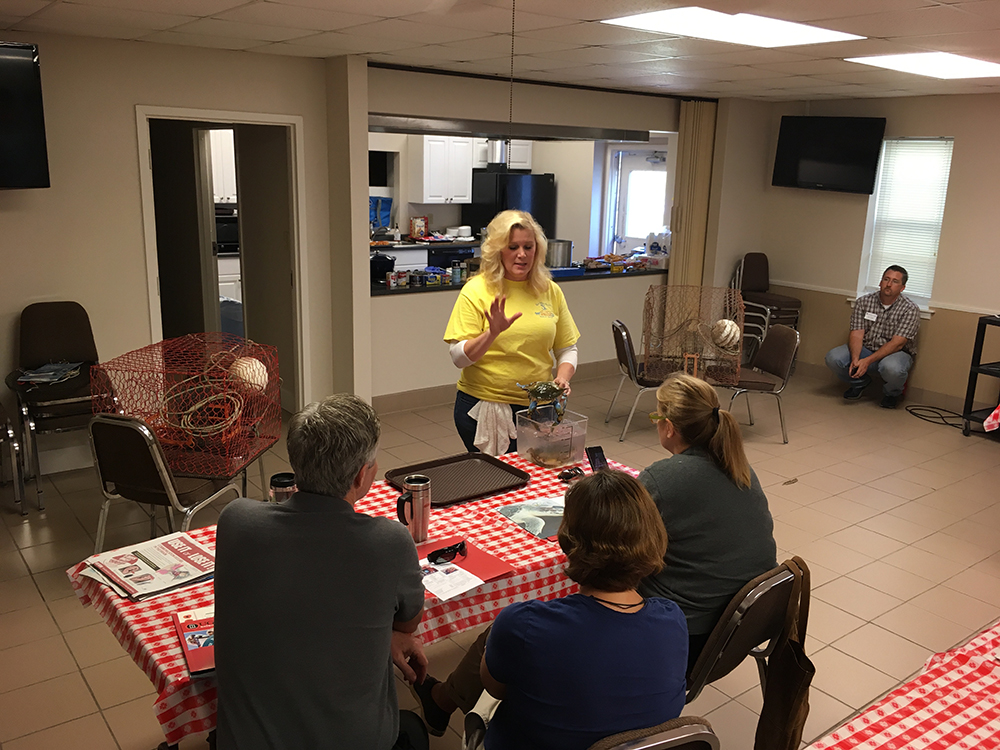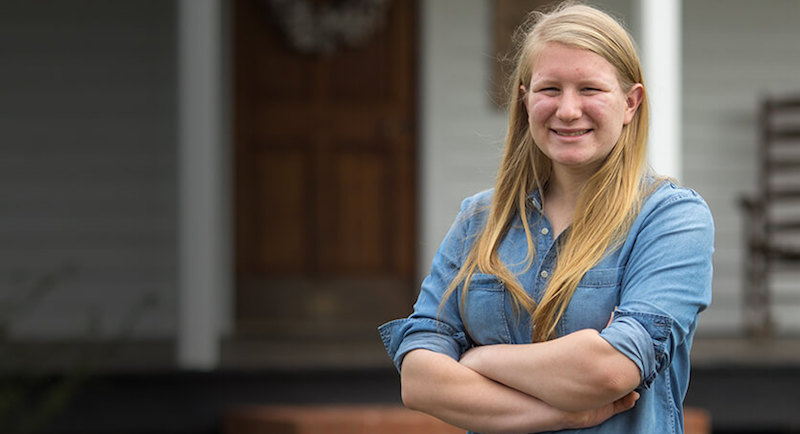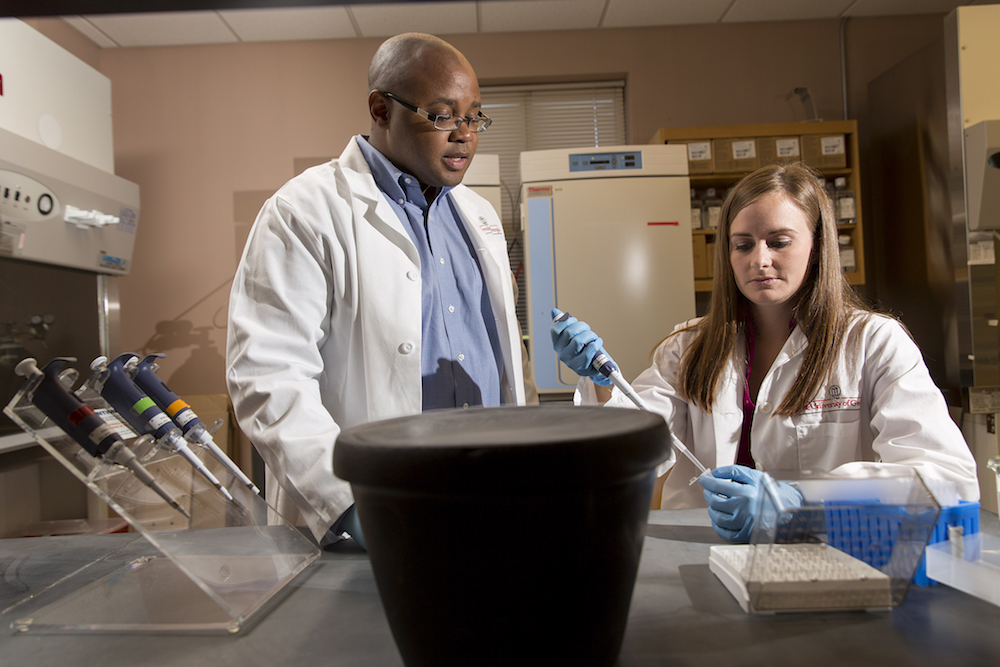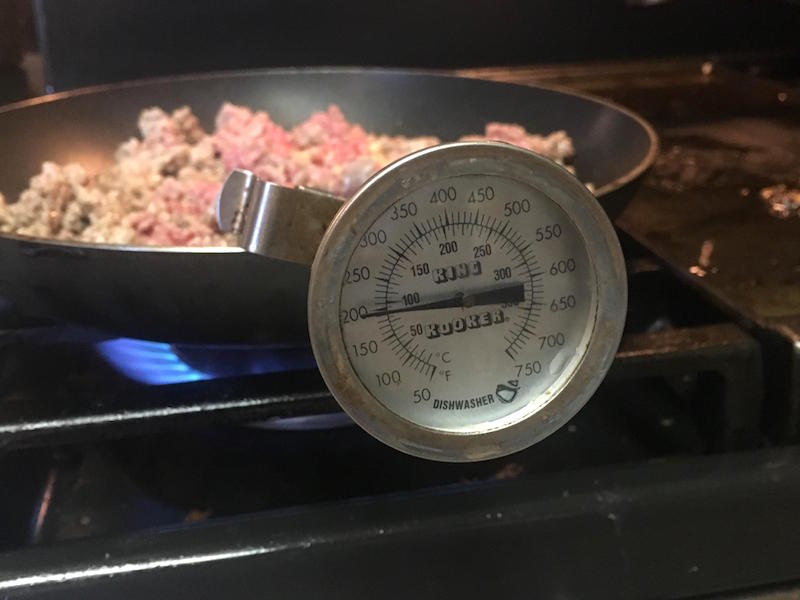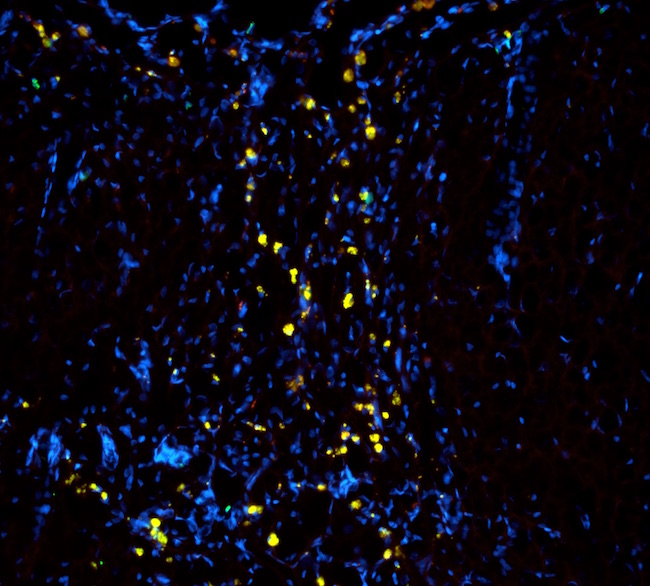 CAES News
CAES News
Heart Health
February has arrived. Cue the hearts, flowers and Valentine’s Day festivities. While we have love on the brain, I would like to challenge you to change your perception of love by caring for your heart. February is American Heart Month.


